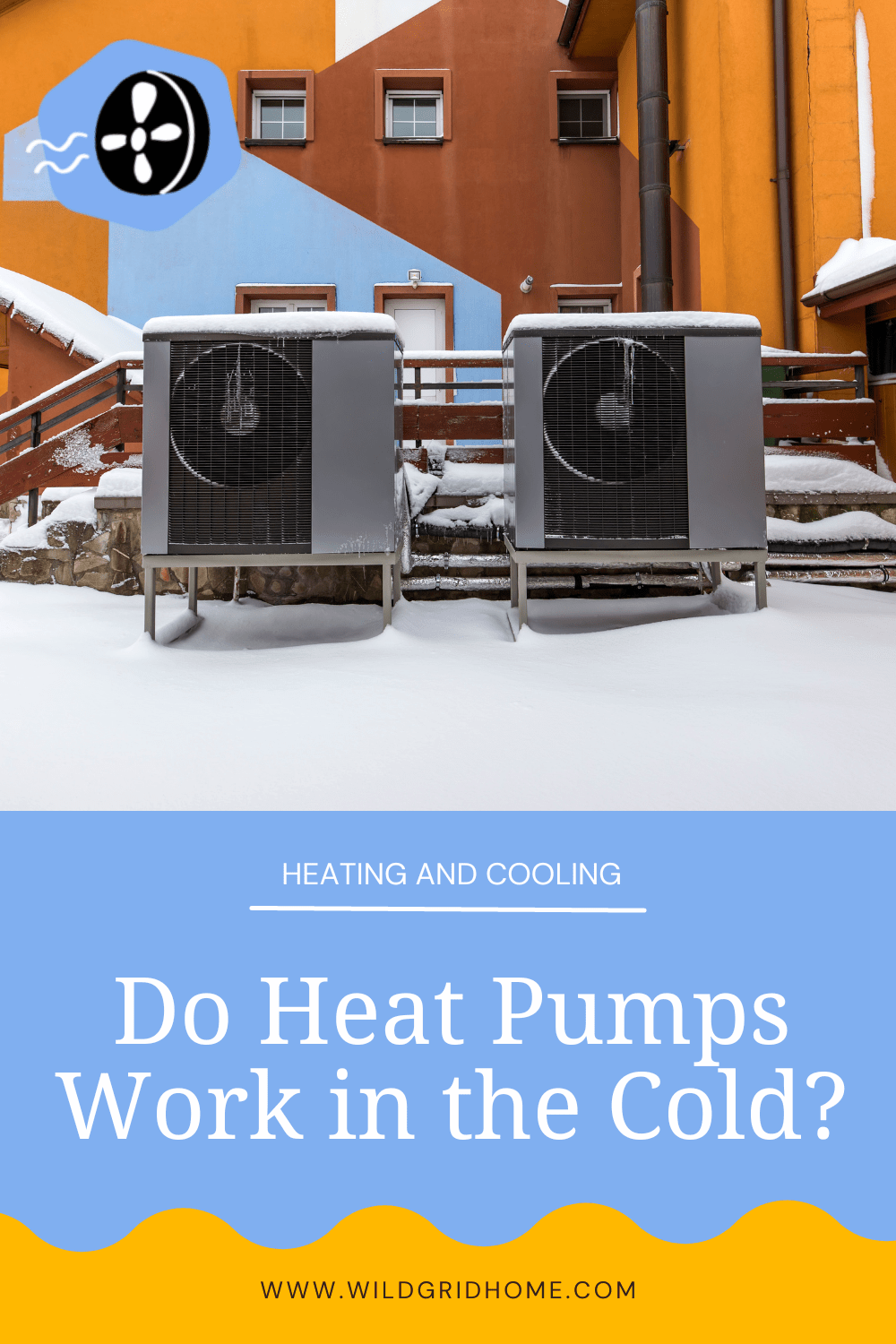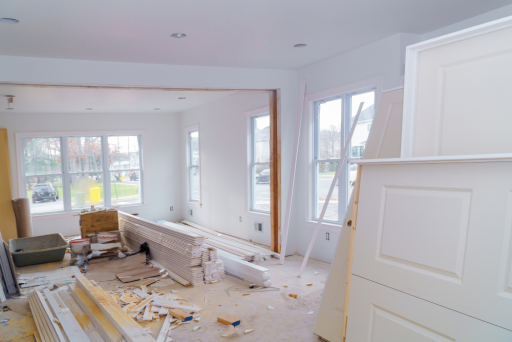A Heat Pump For Cold Weather?: 4 Options to Stay Cozy This Winter
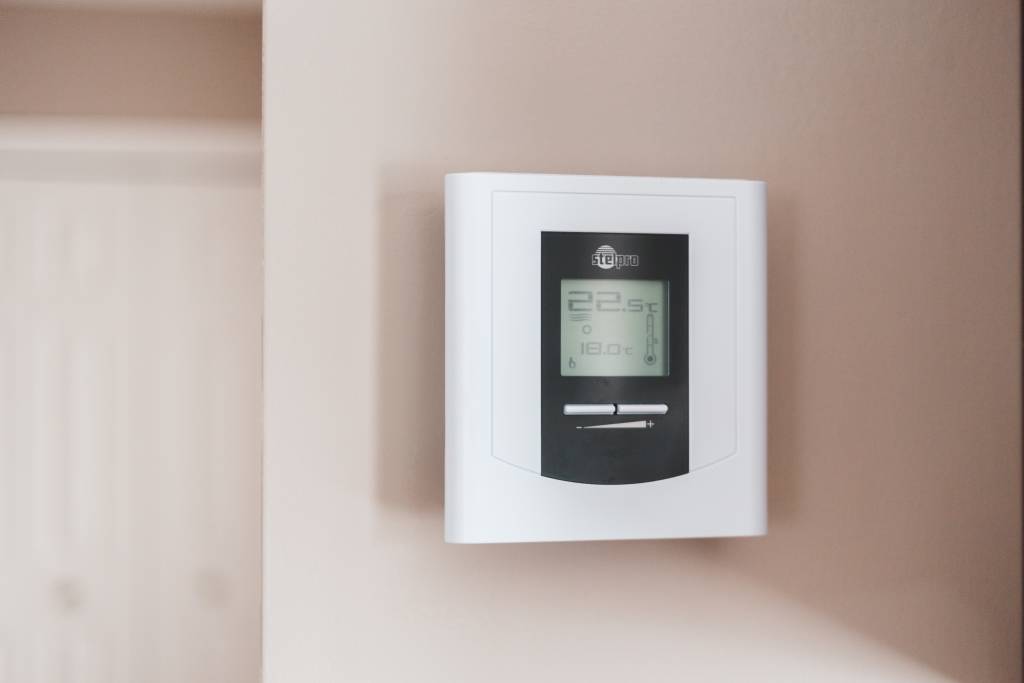
Want to stay warm this winter without having to rely on fossil fuels? You might want to think about getting a heat pump. And yes, even a heat pump in a cold climate can generally meet your needs!
If you’ve never heard of a heat pump before, you’re not alone. Despite the fact that heat pump technology has been around since the mid-1800s, they are still the best kept secret in home heating and cooling: only 16% of U.S. households rely on a heat pump for their space heating needs. 🧐
But in 2023, heat pumps are gaining traction as eco-friendly HVAC alternatives, because they are less polluting, less energy intensive, and less expensive to run than natural gas furnaces. The secret? Heat pumps run on electricity. ⚡️💪
Intrigued? Dying to know more? Here's a rundown of the the four main types of heat pumps.
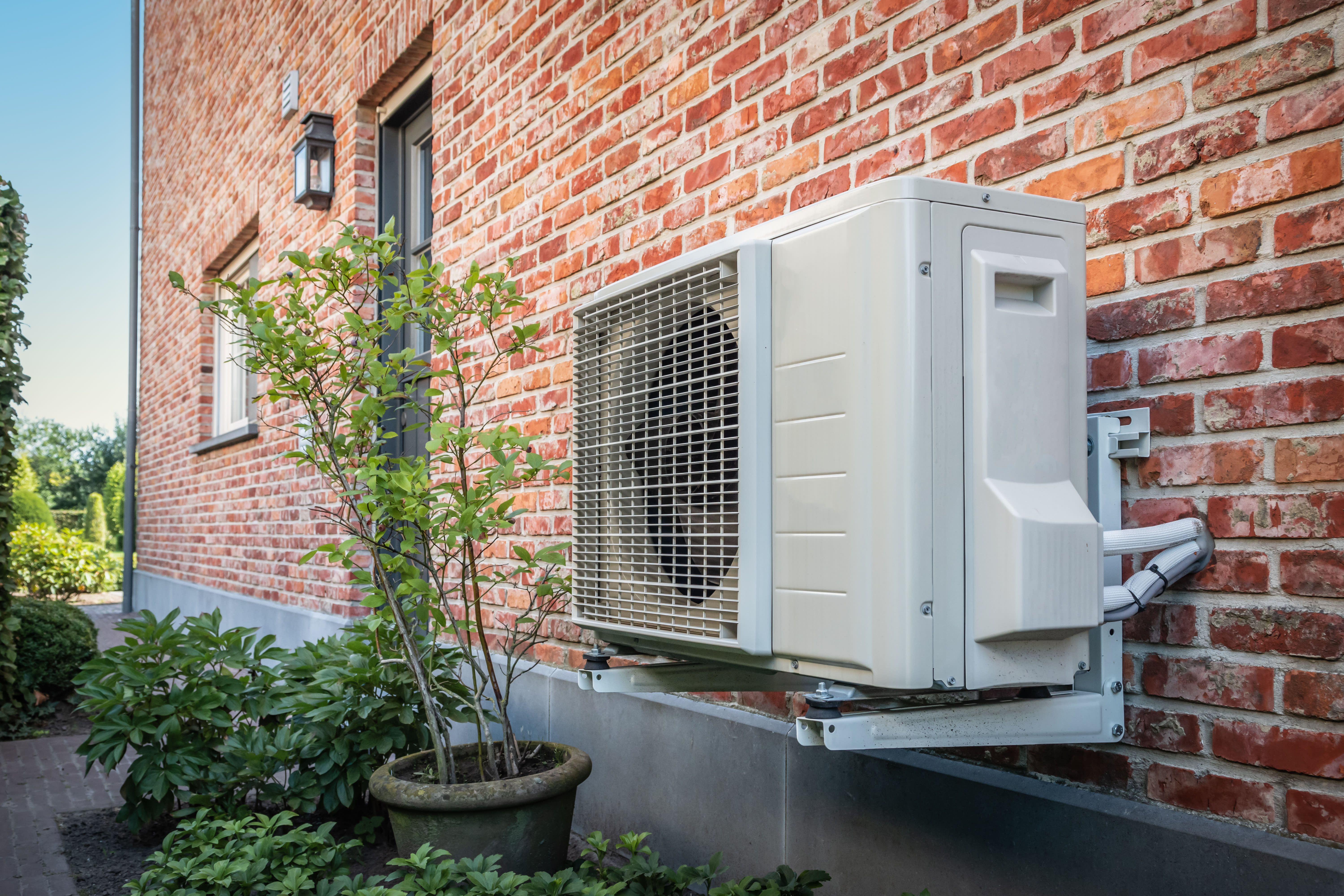
Standard Air-To-Air Heat Pumps
Standard heat pumps provide you with warmth by transferring thermal energy from the air outside to the air in your home. Before you ask, the answer is yes — air-to-air heat pumps still work in really cold weather! There are even models that will function at temperatures well past -20 degrees Fahrenheit. 🥶
Standard heat pumps are best for homeowners who want to replace their furnace or boiler, but still want a centralized HVAC system.
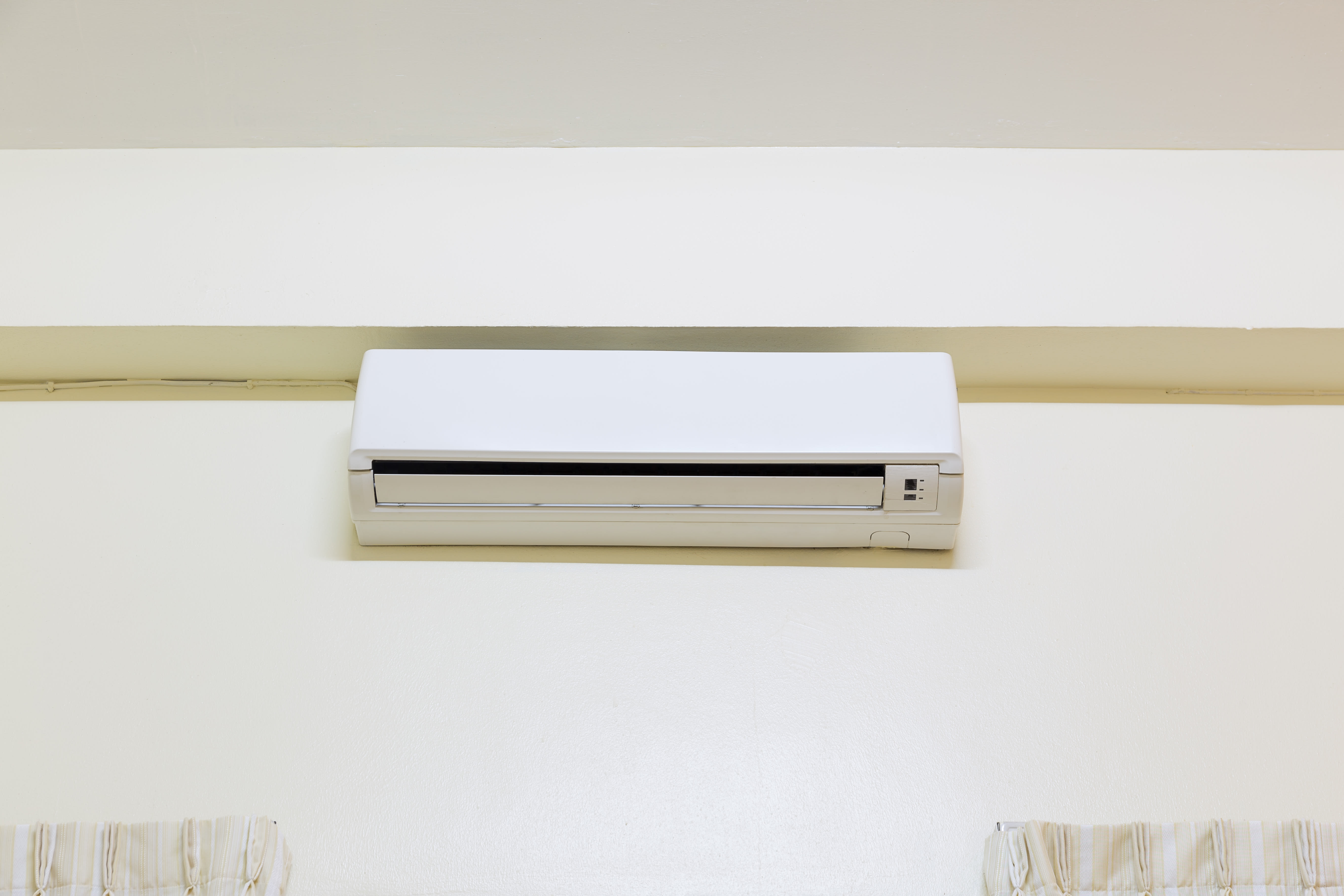
Mini-Split Heat Pumps
Mini-split heat pumps are also air-to-air heat pumps. The main difference between mini-split heat pumps and regular heat pumps is that mini-split heat pumps don’t rely on ducts to provide you with your heat. Instead, they deliver your climate control to you via air-handling units that are mounted on the walls of individual rooms. 🚪
Mini-splits are best for homeowners who anticipate having different temperature needs in different rooms of the house. Because they are a little less hefty, mini-splits are also probably better suited for folks who live in slightly more mild climates.
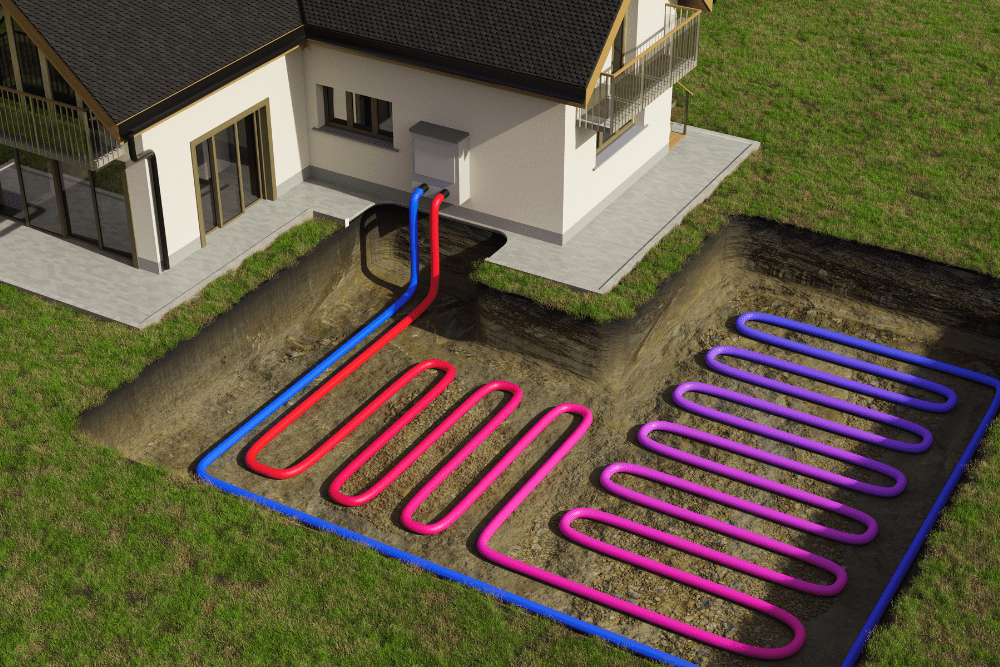
Geothermal Heat Pumps
Geothermal heat pumps can be earth-to-air or water-to-air heat pumps. This means they gather the thermal energy needed to heat your home right from the ground underneath it, or from a nearby water source. 🌏 🌊
While they are significantly more expensive than other kinds of heat pumps (because of how complicated the installation process is), they are often lauded as the most reliable type of heat pump on the market because of how stable the temperature of the ground is regardless of the season. These are by far the best heat pumps for cold weather.
Geothermal heat pumps are best for homeowners who have big budgets and want reassurance that their HVAC system will keep them extra toasty all winter long.
@wildgridhome heat pumps + physics are that girl 🥵⛽️ #energyefficiency #homeenergy #homeelectrification #heatpumps ♬ Sunshine - WIRA
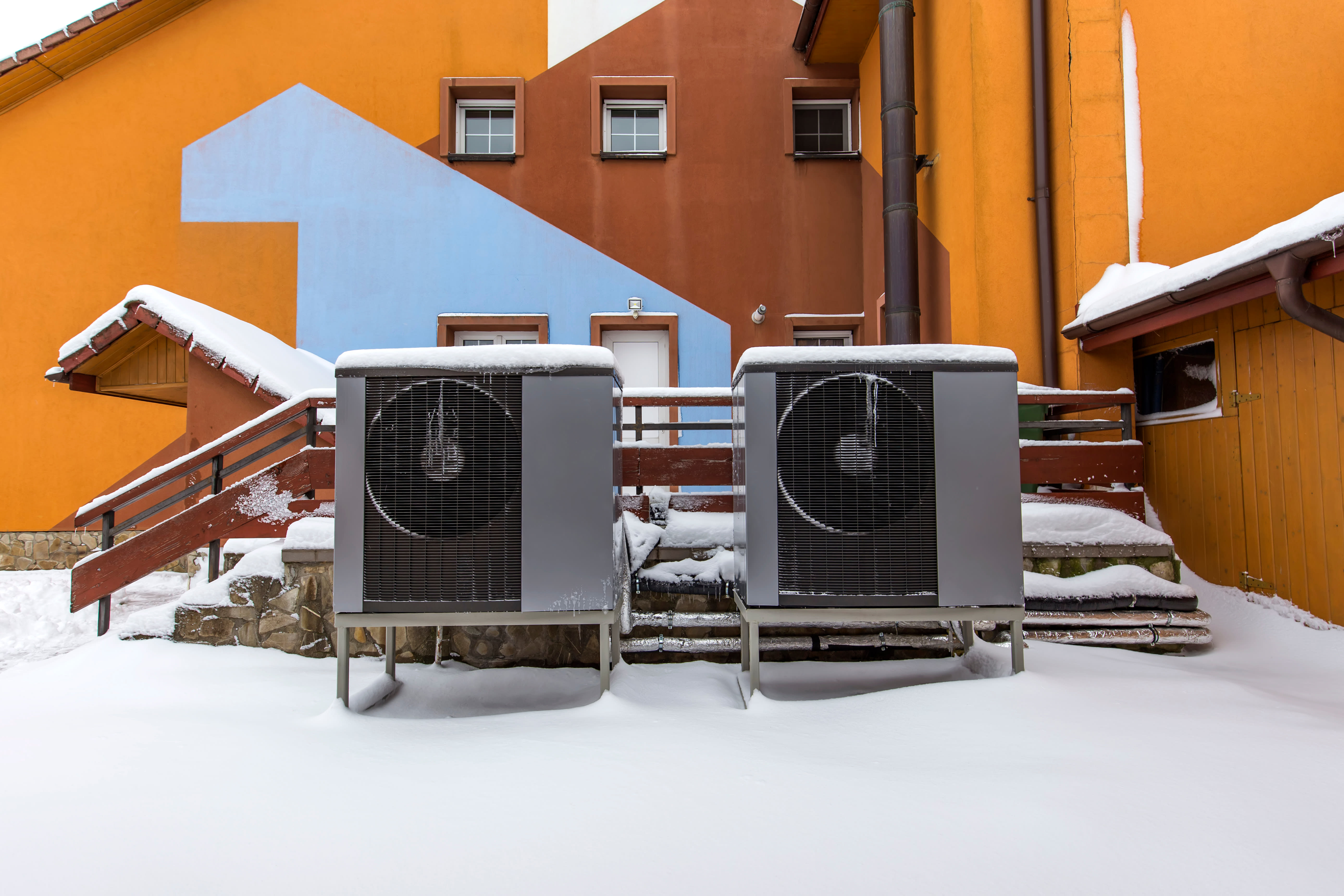
Hybrid Heat Pumps
Hybrid heat pumps are air-to-air heat pumps that have a backup heating element. This back-up heating element can be fossil-fuel based or electricity based (we’d recommend the latter), and it automatically kicks in if outside temperatures drop below a certain threshold. This feature is intended to give homeowners in extremely cold climates a little extra peace of mind when the weather gets bad. 🧣
Hybrid heat pumps are best for homeowners who want the comfort of knowing they have guaranteed heat regardless of what the weather looks like, but don’t want a geothermal heat pump.
There you have it!
If you have questions about which type of heat pump is the best fit for you, or about which heat pump rebates you might qualify for, or about which contractors in your area can help you install your new heat pump, or about your home energy efficiency journey, or about literally anything else… contact Wildgrid! We’d love to help.
